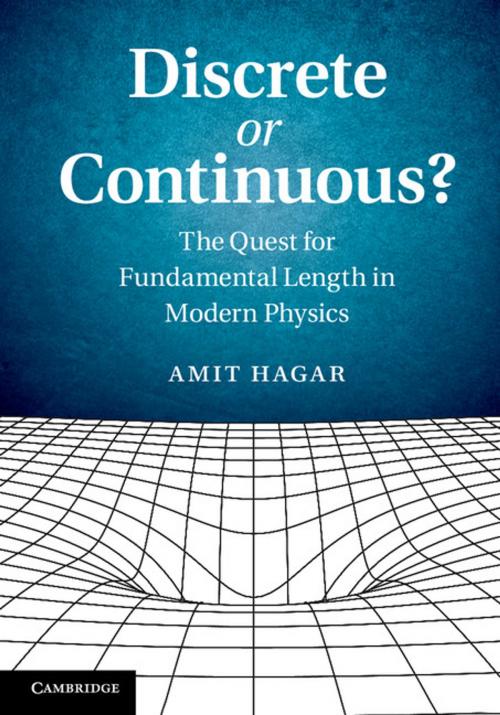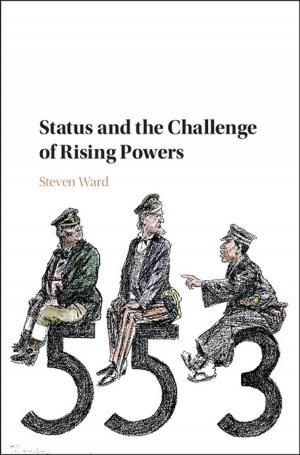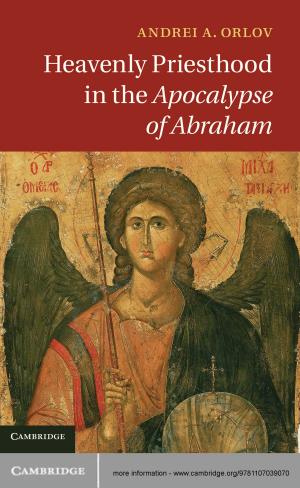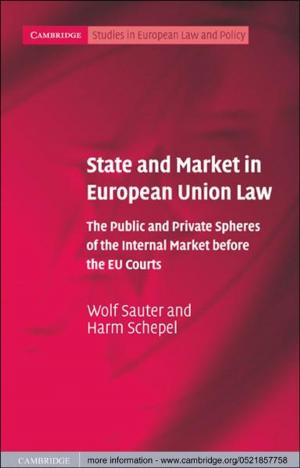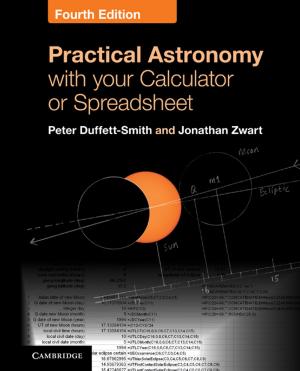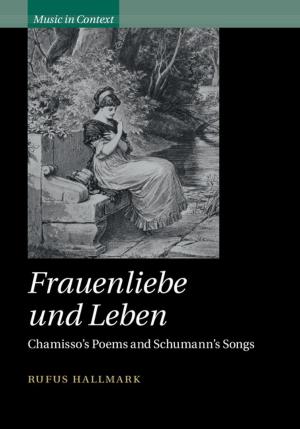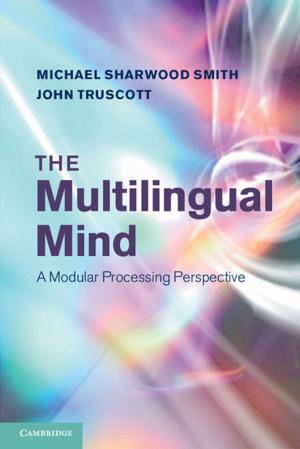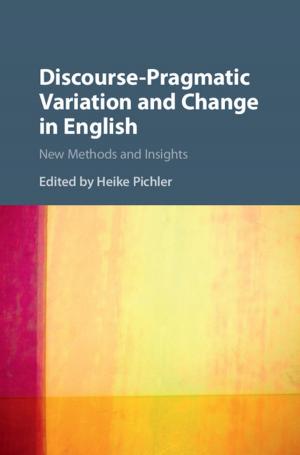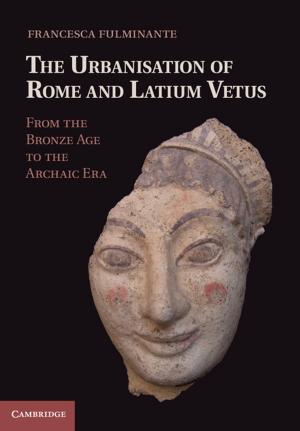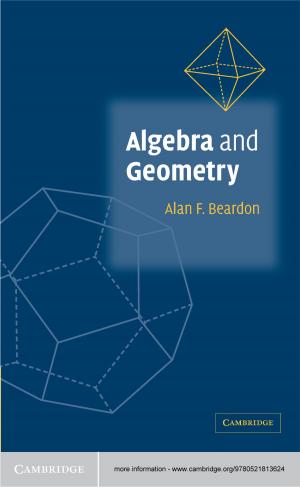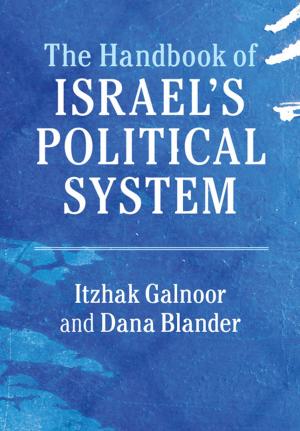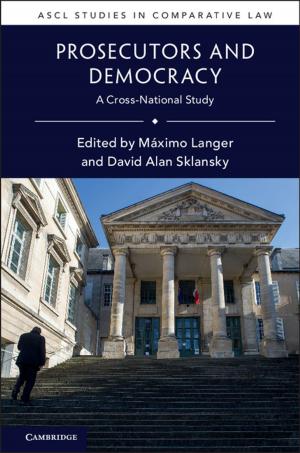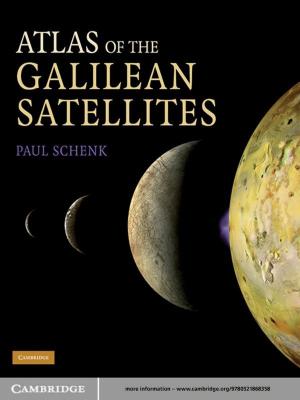Discrete or Continuous?
The Quest for Fundamental Length in Modern Physics
Nonfiction, Science & Nature, Science, Physics, General Physics, Mathematics| Author: | Amit Hagar | ISBN: | 9781139949651 |
| Publisher: | Cambridge University Press | Publication: | May 1, 2014 |
| Imprint: | Cambridge University Press | Language: | English |
| Author: | Amit Hagar |
| ISBN: | 9781139949651 |
| Publisher: | Cambridge University Press |
| Publication: | May 1, 2014 |
| Imprint: | Cambridge University Press |
| Language: | English |
The idea of infinity plays a crucial role in our understanding of the universe, with the infinite spacetime continuum perhaps the best-known example - but is spacetime really continuous? Throughout the history of science, many have felt that the continuum model is an unphysical idealization, and that spacetime should be thought of as 'quantized' at the smallest of scales. Combining novel conceptual analysis, a fresh historical perspective, and concrete physical examples, this unique book tells the story of the search for the fundamental unit of length in modern physics, from early classical electrodynamics to current approaches to quantum gravity. Novel philosophical theses, with direct implications for theoretical physics research, are presented and defended in an accessible format that avoids complex mathematics. Blending history, philosophy, and theoretical physics, this refreshing outlook on the nature of spacetime sheds light on one of the most thought-provoking topics in modern physics.
The idea of infinity plays a crucial role in our understanding of the universe, with the infinite spacetime continuum perhaps the best-known example - but is spacetime really continuous? Throughout the history of science, many have felt that the continuum model is an unphysical idealization, and that spacetime should be thought of as 'quantized' at the smallest of scales. Combining novel conceptual analysis, a fresh historical perspective, and concrete physical examples, this unique book tells the story of the search for the fundamental unit of length in modern physics, from early classical electrodynamics to current approaches to quantum gravity. Novel philosophical theses, with direct implications for theoretical physics research, are presented and defended in an accessible format that avoids complex mathematics. Blending history, philosophy, and theoretical physics, this refreshing outlook on the nature of spacetime sheds light on one of the most thought-provoking topics in modern physics.
